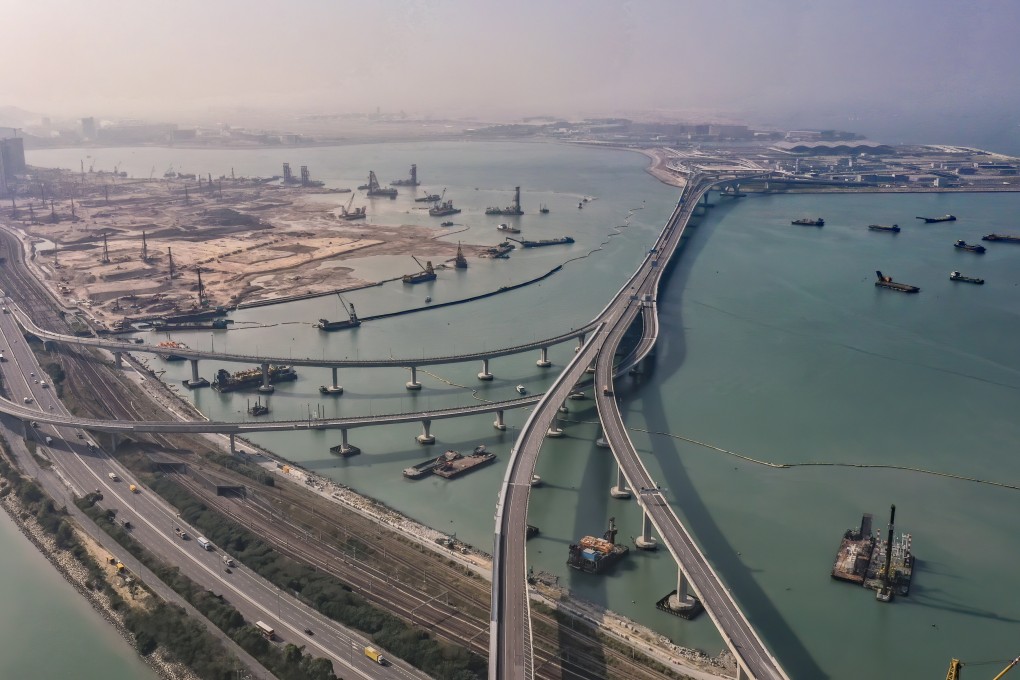Letters | Proposed changes to town planning will push out the public and lead to poor decision-making
- Readers object to plans that limit public input in development projects, raise awareness about Hong Kong’s high water consumption, suggest closing beaches does more harm than good, and offer legal tips to families worried about quarantine separation

A glance at the numerous High Court judgments on the workings of the Planning Department and the Town Planning Board over the last 10 years or so demonstrates that those two bodies cannot always be relied upon to act fairly, reasonably or even lawfully in the absence of public scrutiny.
On that evidence, giving the same civil servants more power to push things through by reducing or removing requirements for consultation with all interested parties, would simply encourage poor decision-making. That in turn produces worse, not better or more “efficient”, planning.
Nobody pretends this is not a difficult balance to strike. In the absence of public accountability for officials, it is ever more important that the planning process is both transparent and inclusive.
The government has long accepted the need for thorough planning reform. Almost 30 years ago, it commissioned a paper which included detailed legislative proposals. There are readily-available and appropriate models in other developed states and cities. Piecemeal amendments to shut out those affected by decisions is not the way to go.